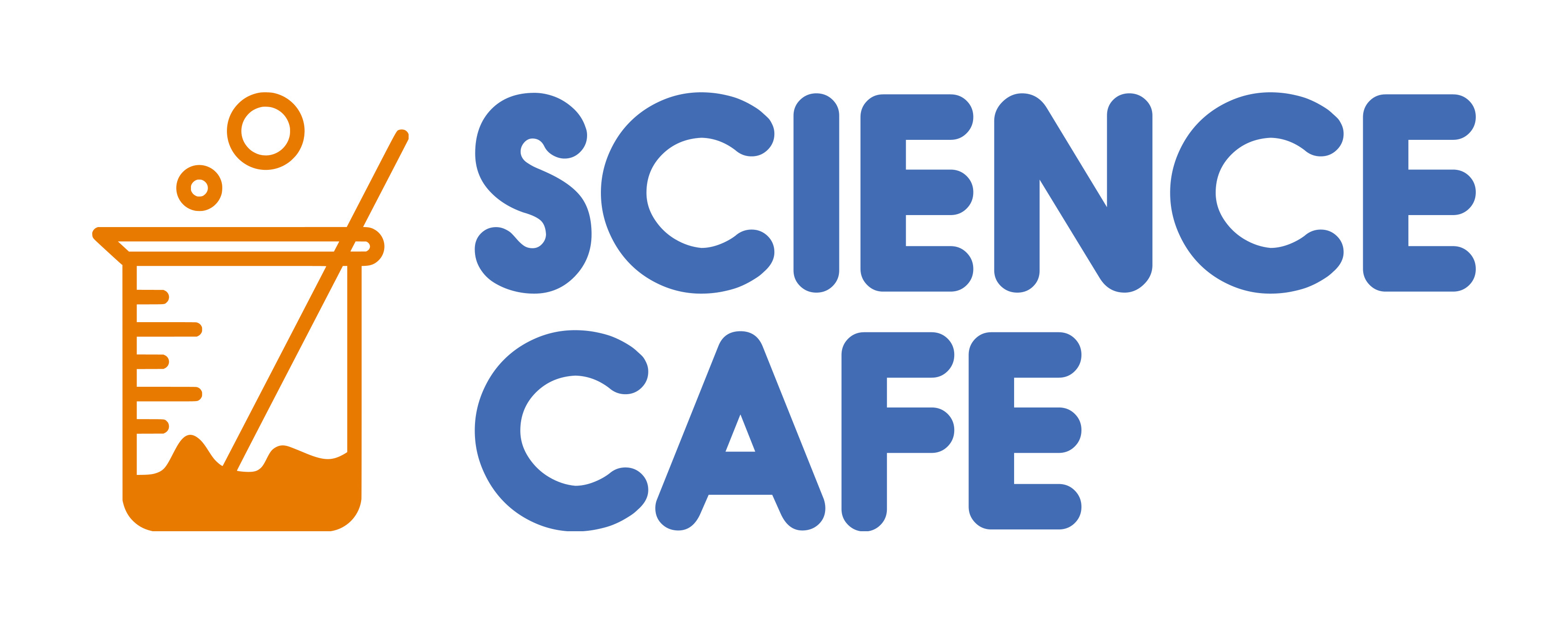Offer ADHD support before diagnosis — NHS task force
Why ADHD Support Should Begin Before Diagnosis — What the NHS Task Force Recommends
Too often, we wait for a diagnosis before offering help. But what about all the people who struggle without one? A new interim report from the NHS ADHD task force recommends just that—offer support when symptoms appear, not just after they are clinically confirmed. The Times
Here’s what that means, why it matters, and how coaches, organisations, and systems can lean into this shift.
The proposal in brief
Because diagnostic waiting lists are so long—sometimes years—the task force proposes that individuals showing clear ADHD traits (in school, work, life) should have access to accommodations and supports right away. Flexible deadlines, quiet workspaces, spaced scheduling, or structured feedback are a few examples. The Times The idea is that need—not just diagnosis—should trigger support.
Why this matters: the costs of waiting
Cumulative harm: Each missed year is an opportunity lost—failed exams, job setbacks, mental health breakdowns.
Identity damage: People internalise struggle, confusion, and blame. A label brings not just clarity but relief.
Dropout behaviors: Some give up trying even before getting assessed.
Overwhelm in diagnosis: When formal support finally arrives, the load is heavier by then.
By shifting support earlier, we reduce the lag between suffering and response.
Risks, challenges, and trade‑offs
False positives and misattribution: Not everyone who appears inattentive has ADHD. We must risk over‑supporting vs under‑supporting.
Resource constraints: Offering adjustments widely demands training, system flexibility, and budgets.
Equity of access: Without safeguards, louder or more resourced voices might benefit more.
Boundary confusion: Who qualifies for what support before diagnosis? Clear protocols are essential.
What coaching and organisations can do now
Early scaffolding: Offer low‑stakes supports and strategies for people who sense they struggle but lack formal diagnosis.
Advocacy and influence: Use coaching insights and client stories to press educational, health, and employer systems to adopt need‑based supports.
Train in signal recognition: Coaches can get better at spotting early patterns and supporting clients navigating the system.
Bridge services: Offer assessment navigation, coaching, and accommodations in tandem, not sequentially.
A fresh take: rethinking how we define “eligibility”
Too many systems operate on binary gates: diagnosis or nothing. But human lives don’t wait at gates. The task force’s recommendation nudges us toward a gradient model: support that scales in response to observed need, not just clinical labels.
This matters because it’s more just. It reaches younger people, people in transition, those in marginalized communities who face barriers to diagnosis. It accepts that labels are useful tools—not divine primers for help.
In practice, this doesn’t mean watering down expertise. Rather, it means acknowledging that diagnostic delay is itself a harm. A truly responsive system should lean forward, not hold back.
If we built our policies, schools, workplaces, clinics around being quietly responsive to who people are now, we reduce wasted years of suffering. Coach, community hub, or system: the question shifts from “Are you diagnosed?” to “What scaffold needs placing now?”



